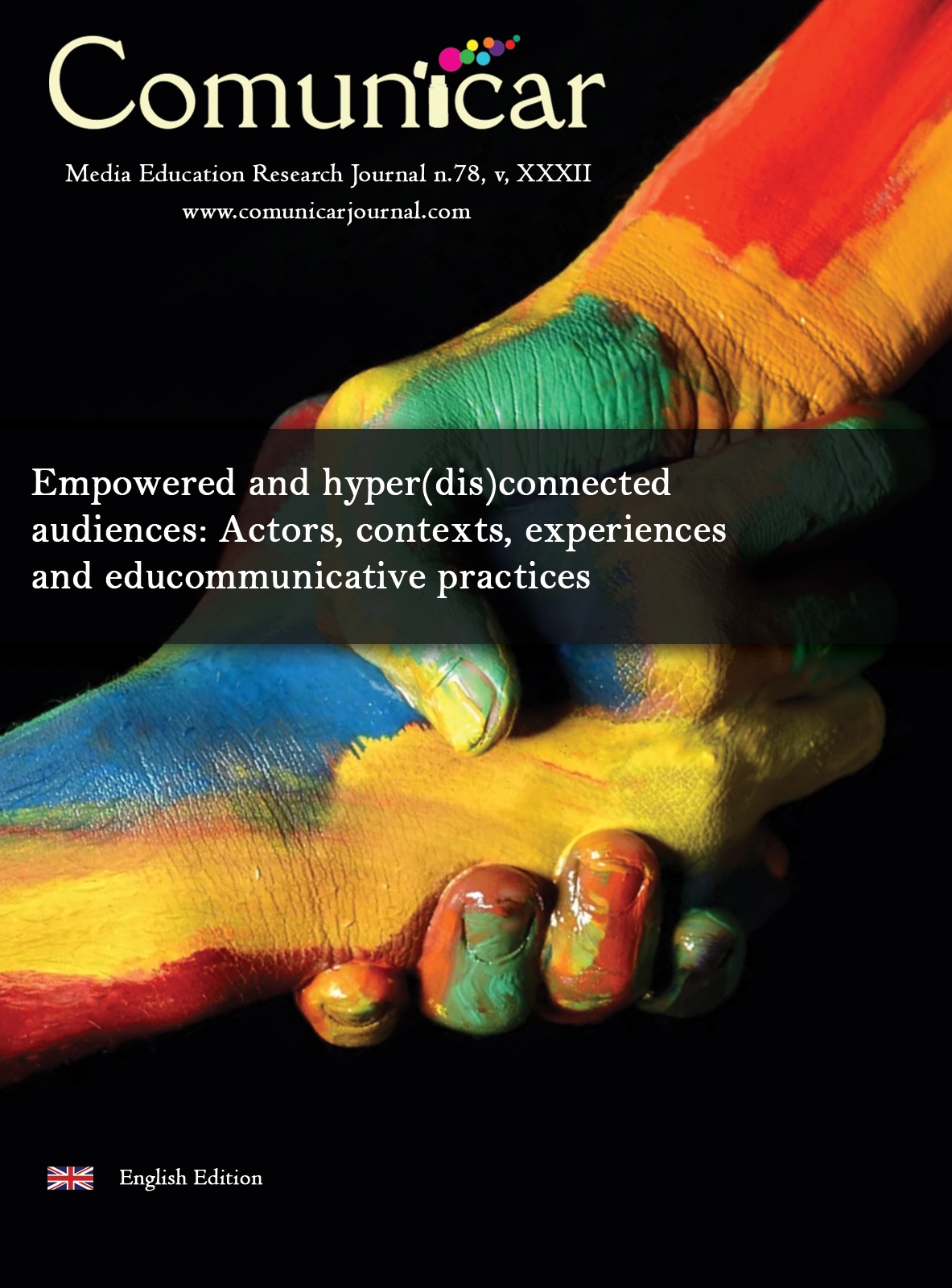Media representation of minors who migrate on their own: The 'MENA' in the Spanish press
IF 5.1
1区 文学
Q1 COMMUNICATION
引用次数: 5
Abstract
This article analyses Spanish media treatment of a certain type of immigrant: the unaccompanied foreign minor (“MENA” in Spanish). The media play an important role in creating and disseminating ideas and images amongst the general public, thereby promoting the articulation of sets of meanings called discourses. The main goal of this research is to identify the discursive approaches that have been constructed around the term “MENA” in the main Spanish daily newspapers. To this end, we gathered and analysed all the news reports published between January 2017 and October 2019 by the digital editions of the four most widely-read newspapers in Spain (La Vanguardia, El País, El Mundo and ABC). This analysis was performed using text mining techniques (an important field in data science) such as term frequency, inverse document frequency, and correlation networks between words. Our results show that the term “MENA” evokes a criminalising, moralistic, welfare-dependent discourse that is articulated from an adult-centric, nationalist perspective. The study concluded that the conservative press uses the acronym more frequently than the left-wing media. However, no significant discursive differences were observed between conservative and progressive press in terms of the language used, which often had negative connotations that stigmatised the young people concerned. Palabras clave /媒体对自行移民的未成年人的描述:西班牙媒体中的“MENA”
本文分析了西班牙媒体对某种移民类型的处理:无人陪伴的外国未成年人(西班牙语“MENA”)。媒体在公众中创造和传播思想和形象方面发挥着重要作用,从而促进了被称为话语的一系列意义的表达。本研究的主要目的是确定在西班牙主要日报中围绕“中东和北非”一词构建的话语方法。为此,我们收集并分析了2017年1月至2019年10月期间西班牙四家最受欢迎的报纸(La Vanguardia、El País、El Mundo和ABC)的数字版发布的所有新闻报道。该分析是使用文本挖掘技术(数据科学中的一个重要领域)执行的,例如词频率、逆文档频率和词之间的相关网络。我们的研究结果表明,“中东和北非”一词唤起了一种以成人为中心、民族主义视角的犯罪化、道德主义、福利依赖话语。该研究得出结论,保守派媒体比左翼媒体更频繁地使用这个缩写词。然而,在使用的语言方面,保守和进步媒体之间没有观察到显著的话语差异,这些语言通常具有负面含义,使有关年轻人蒙受耻辱。Palabras clave /
本文章由计算机程序翻译,如有差异,请以英文原文为准。
求助全文
约1分钟内获得全文
求助全文
来源期刊

Comunicar
Multiple-
CiteScore
10.10
自引率
5.40%
发文量
40
审稿时长
20 weeks
期刊介绍:
Comunicar specialized in educommunication: communication and education, ICT, audiences, new languages...; monographs specialized in current issues. Double format: printed and online; digitally, accessible in full text, free of charge, for the entire scientific community and researchers around the world. Coeditions printed in Spanish and English for the whole world. Published by Oxbridge Publishing House which collaborates with many international centres and universities.
 求助内容:
求助内容: 应助结果提醒方式:
应助结果提醒方式:


